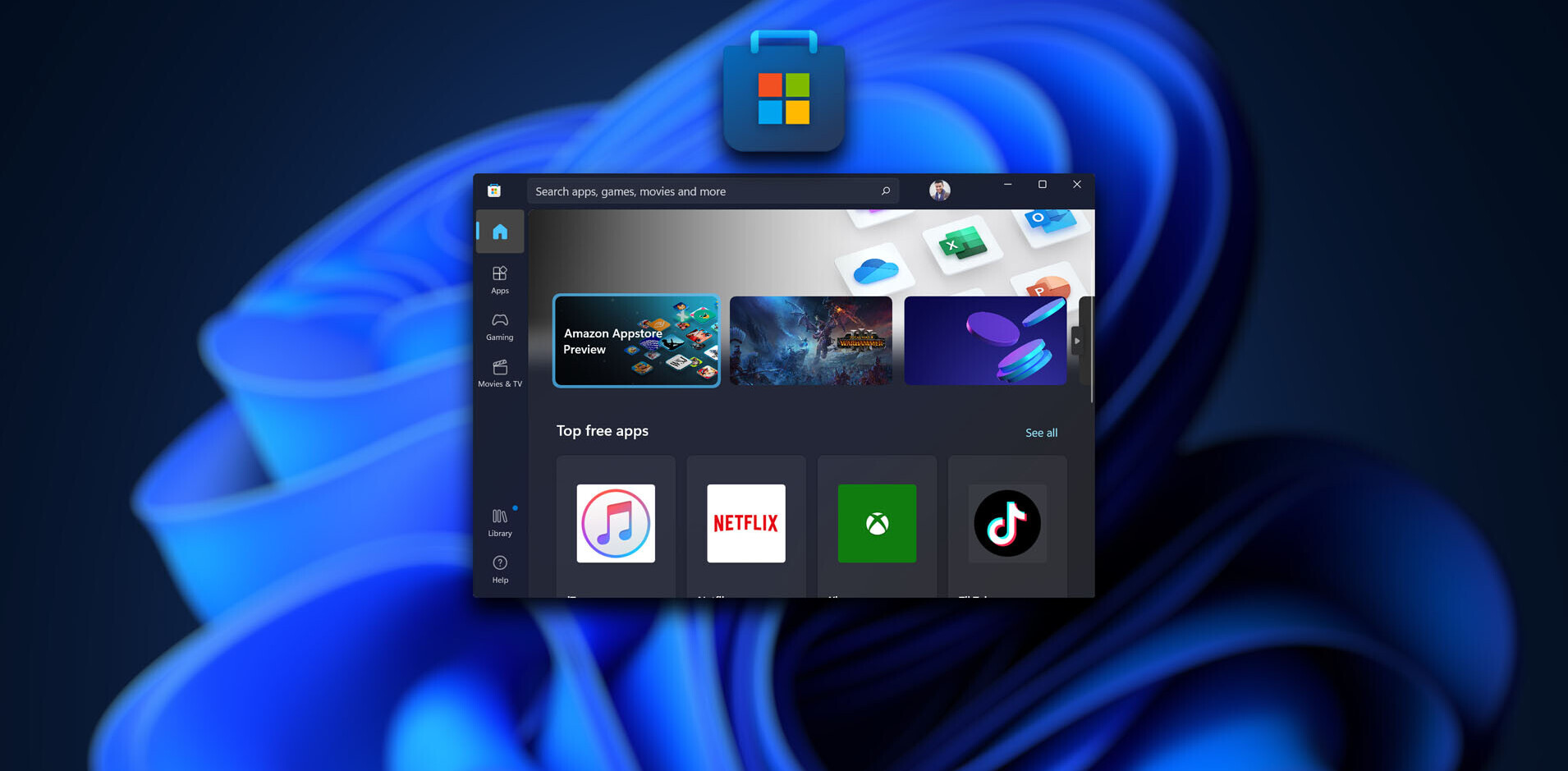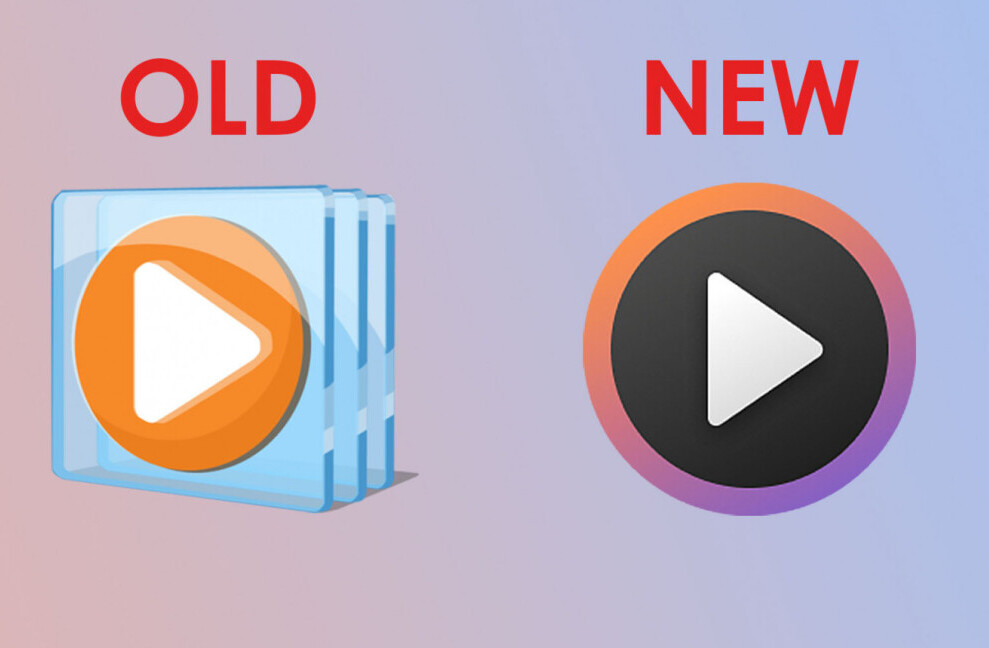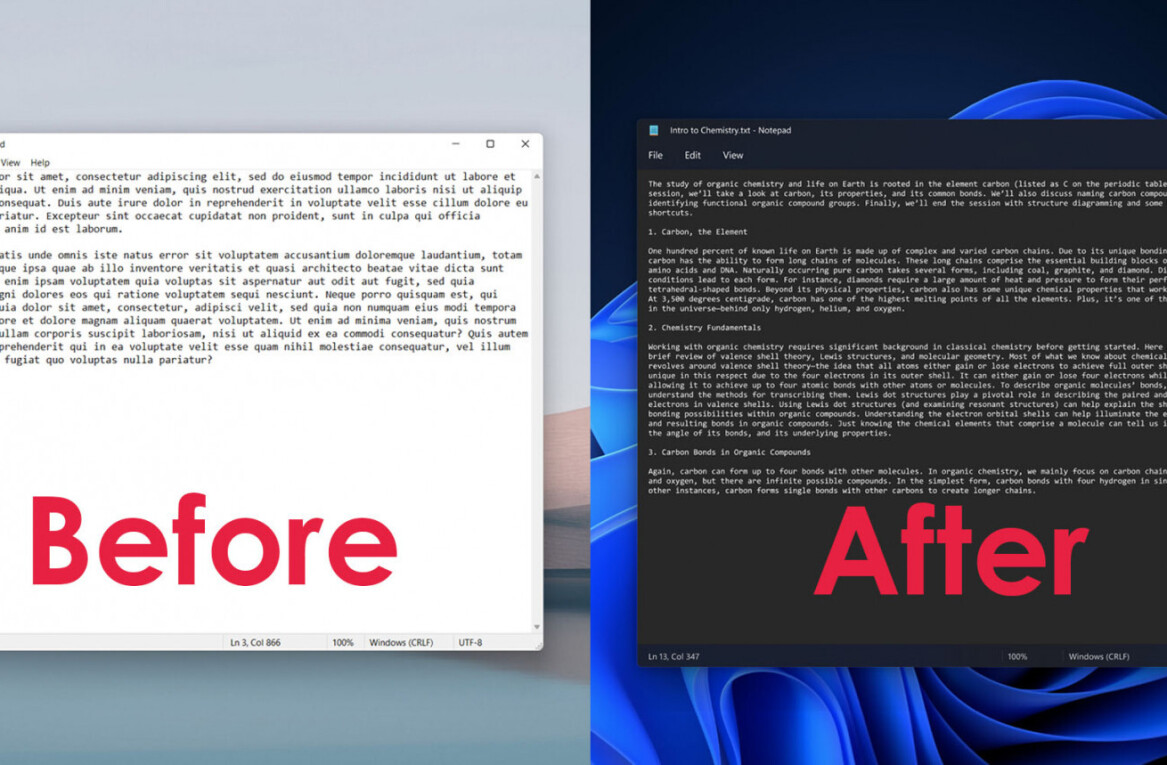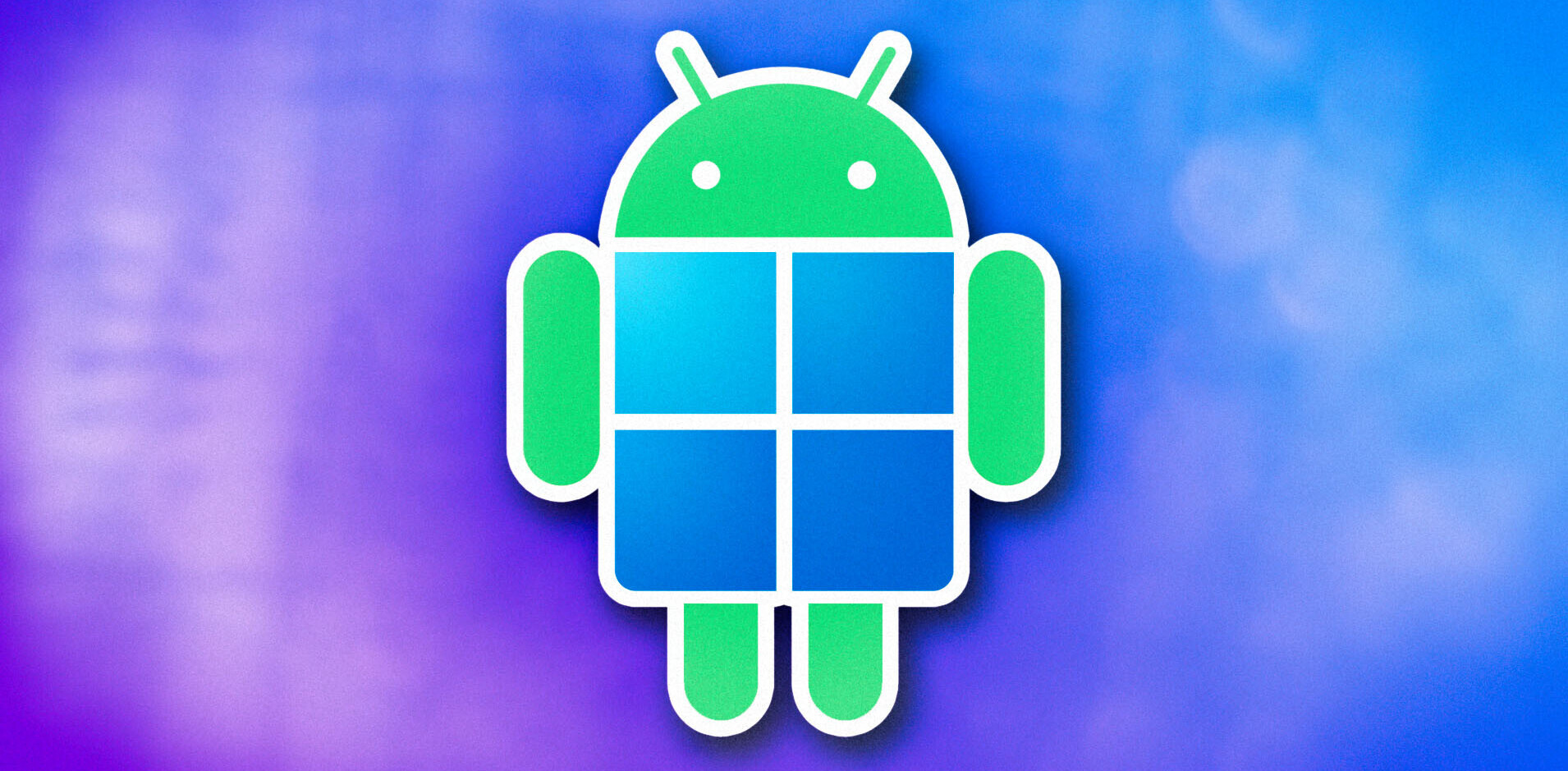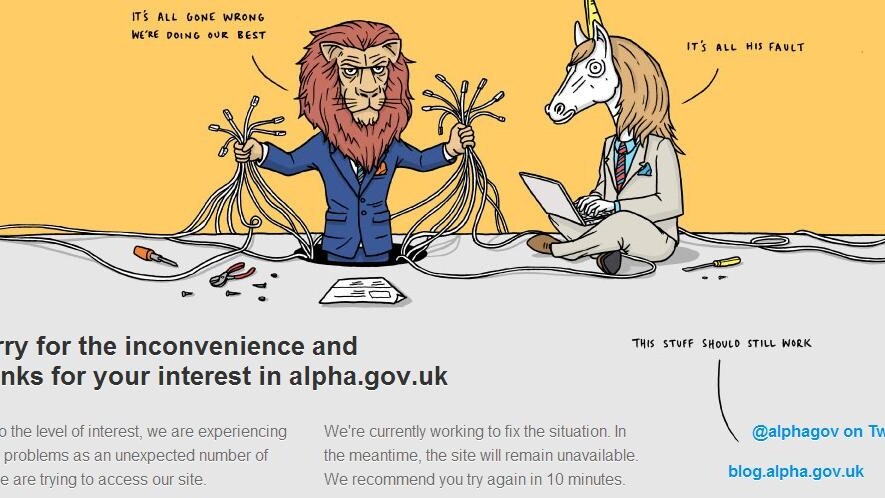
The company that built and shipped Windows Vista, Internet Explorer 8, and the Kin, is dead. The new Microsoft that has risen from the sad ashes of its former self is a company that is looking to tear up its past, and go in a completely new direction.
The transition that Microsoft is embarking upon began with Windows 7, Windows Phone 7, Internet Explorer 9, Xbox LIVE, and Zune. Windows 8, Windows Phone 7.5, Internet Explorer 10, and updates to content and design on the Xbox are the final pivot point before the firm will completely revolutionize its product direction. What comes next is radical: One OS, everywhere.
That is to say, after Windows 8, Microsoft’s next operating system is going to be the one thing on everything; it will be a “unified ecosystem,” to use Microsoft’s terms.
ThisIsMyNext, quoted Microsoft at its Worldwide Partner Conference as saying:
Redmond would eventually have just a “single ecosystem” for PCs, phones, tablets, and even the TV. “You can have full PC compute power available in whatever form factor you like,” said Lees, noting that the Windows on ARM demo motherboards were smaller than mobile phones. “We won’t have an ecosystem for PCs, and one for phones, and one for tablets — they’ll all come together.” Lees went on to say that Microsoft wants to provide “coherence and consistency” across different devices, “particularly with Xbox,” and that the goal isn’t just to share UI, but also core technologies like Internet Explorer.
It went on to break down just what that implies:
[…] Microsoft’s next next OS will run on PCs, tablets, phones, and the next-gen Xbox when it hits sometime in 2015 / 2016.
What does that mean? This is beyond harmonization, this is one piece of software running on all devices, of any size and power. Microsoft stated this week that Windows 8 will not raise minimum hardware specifications, as every other edition of Windows has done before. This means that when it comes out, as hardware continues to improve, it will in fact be a lightweight OS, thus making it simple to run in any envionrment.
The life cycle of the services that we listed above seems to mesh well with this vision of the future. After Windows 8 has had its three-year run, the Xbox will be due for a replacement, creating an opportunity for Microsoft to roll out Windows 9 and the new Xbox at once, running the same code. We have heard of Windows 8 potentially running Xbox games already, so this slots well with current chatter.
This is not idle talk, the best Microsoft watchers in the world are all coming to the same conclusion:
In Microsoft lingo, “ecosystem” is a broad-brush term that can mean anything from the development environment, to its distribution channels. Was Lees making a vague reference to the idea of a shared app-store across phones, PCs and gaming consoles — something that could possibly launch as soon as next year when Windows 8 launches? Or was he actually talking about a unified operating system development platform — a goal which is a lot harder to achieve and [may] take years? [Emphasis TNW]
ZDNet is correct, it would take years to put together, and that is the exact time frame that ThisIsMyNext heard from a tipster. That source not only told them what Microsoft later hinted at, but also dropped one more juicy tidbit: The Windows brand might be set to end.
It makes, bear with me, sense. If Microsoft wants to build a single global operating system, calling it Windows would bring with it legacy issues, and would make marketing and selling it harder. People who perhaps know Windows on their PC might not want it on their phone if they can’t imagine how it could be cut down to fit, and so forth. A new name gives the firm a clean slate from which to work.
So let’s go over what we have discussed so far: Windows 9, the operating system from Microsoft that will follow Windows 8, will be the spiritual successor of all the integration and UI work that Microsoft has been putting together through Windows 7, 8, and its other brands that it has been tirelessly working on tying together. It will be a single OS on every device and platform, and will likely have a different brand name.
So enjoy Windows 8, because it just might be the last operating system to ever come out bearing the Windows tag.
Microsoft’s strategy is a ‘big, hairy, audacious goal,’ just what the company needs to end its morass and reclaim its seat at the table. Yesterday we looked at the company’s tablet strategy of only using Windows 8 on tablets. It makes more sense today than it did yesterday as we now know that Microsoft eventually wants all platforms to run the same code, and it appears to be a step on that path.
Now it’s your turn: What do you think of all this?
Get the TNW newsletter
Get the most important tech news in your inbox each week.

